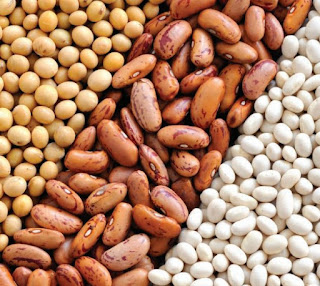Are commodity derivatives new in India
India has always been a country of market imperfections and prices fluctuations. Though India has an agricultural economy, it never had a national common market for agricultural products. There were lways shortages and surpluses – with wide discrepancy in the prices at various levels.

There was lways price heterogeneity because of information asymmetry in the markets. In rural India, mandis were the traditional market places for food and agri-commodities. In different parts of India, mandis developed as wholesale trading hubs for vegetables, grains, pulses, spices, condiments, fruits, timber, gems, diamonds and livestock.







